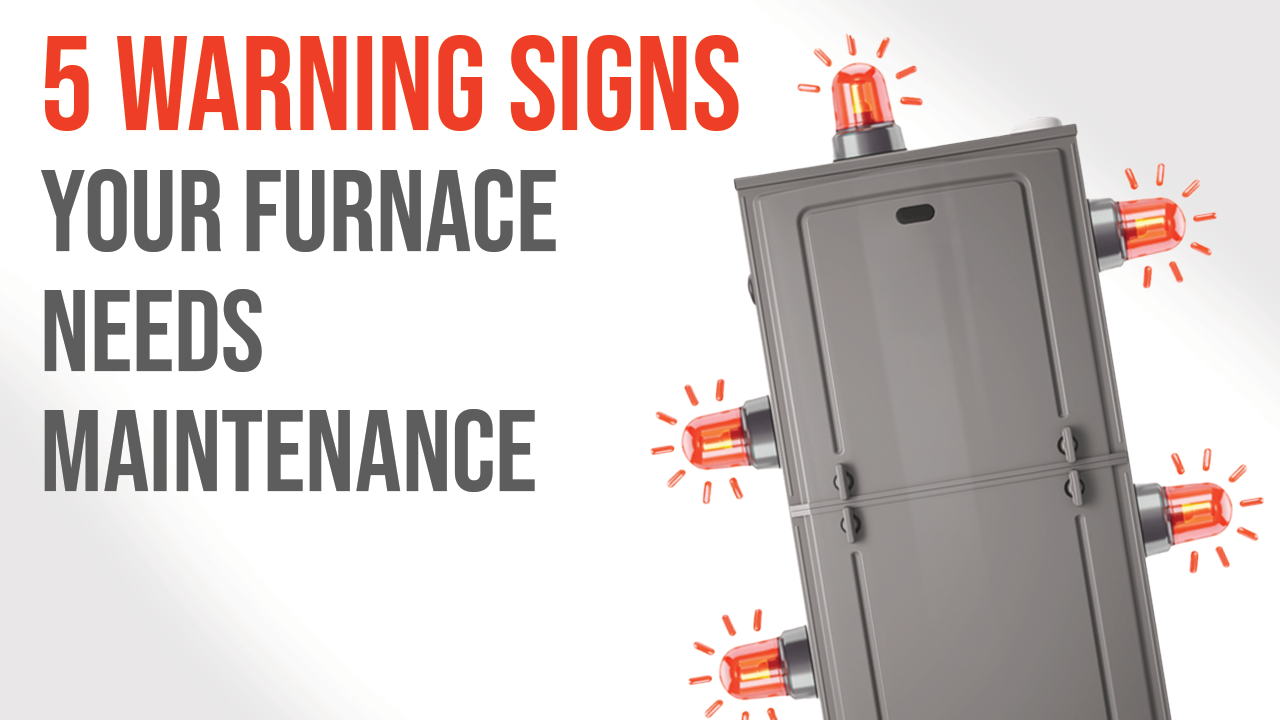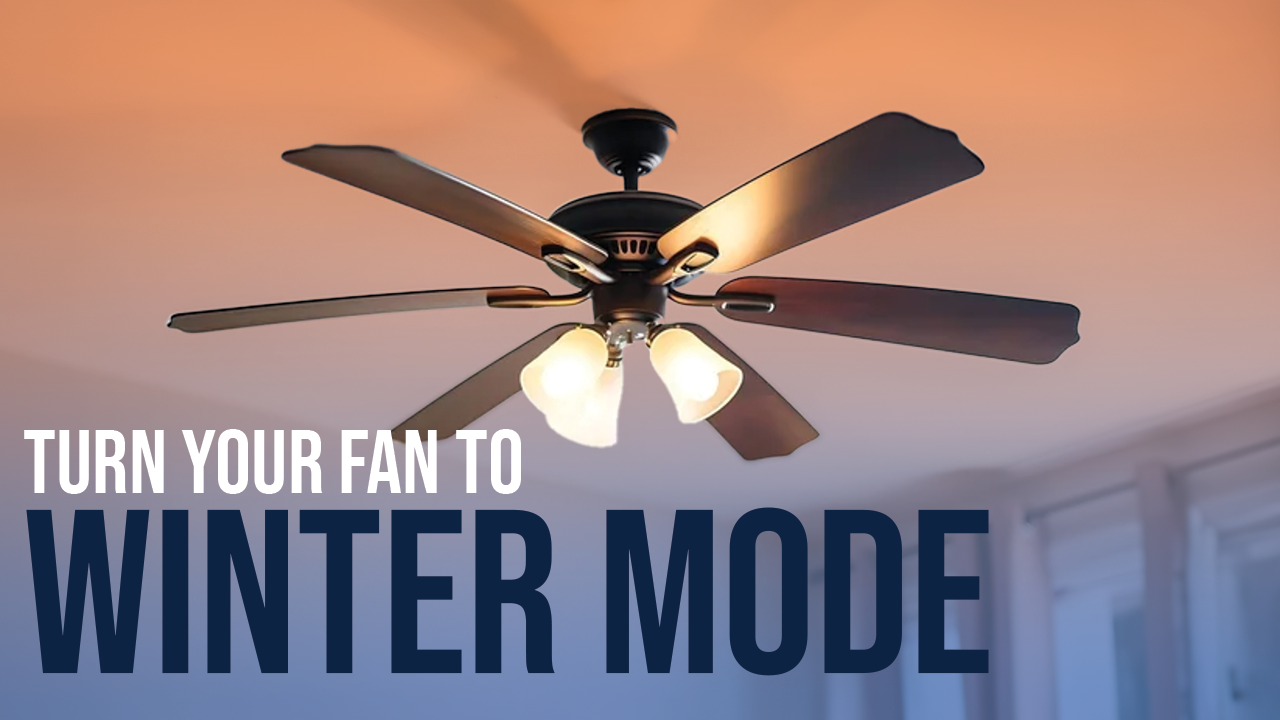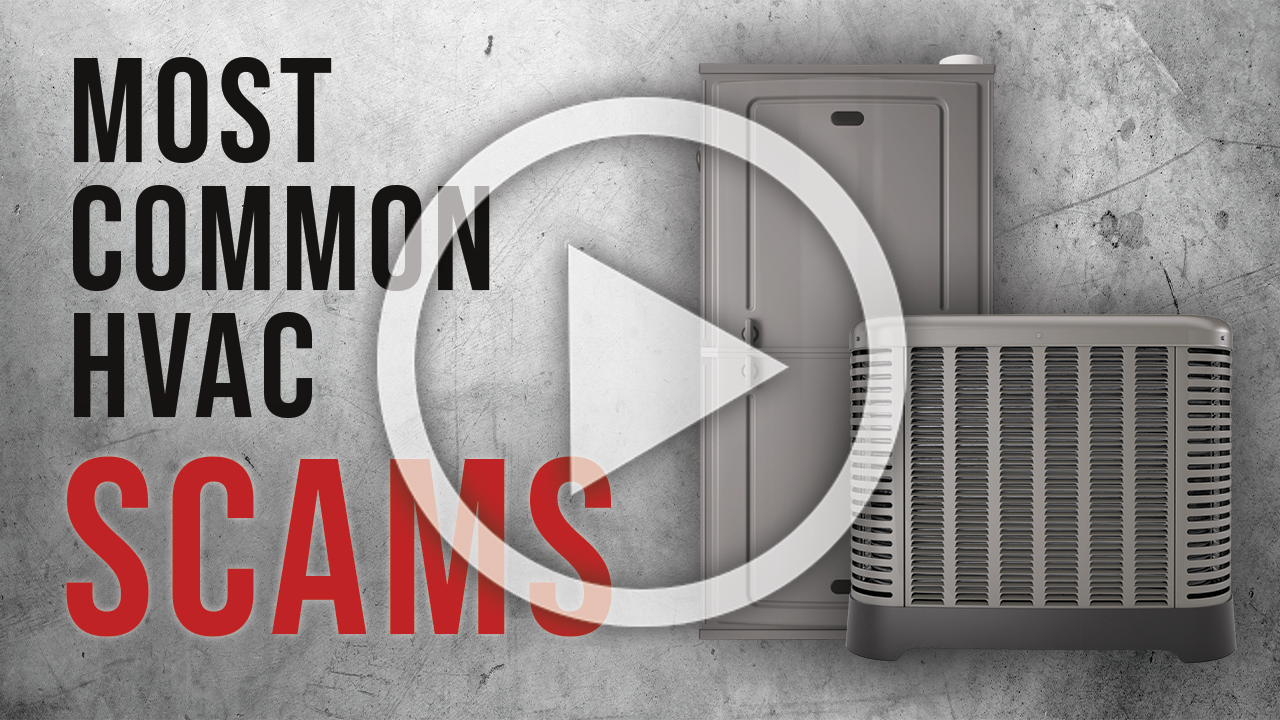Updated January 23, 2024
As you think about the coming summer weather and schedule your air conditioning system’s regular maintenance appointment (you’ve done that, right?) there are a few other long-term plans to consider. One of them is asking if it’s time to have the AC system replaced. Yes, this will have to be done at some point. You don’t want to do it too soon—that’s a waste of money. But if the AC is starting to fail or is more than 15 years old, sooner is better than later. (Later, in this case, being an AC that fails on you and forces you to replace it at an inconvenient time.)
When you are considering an air conditioning replacement, one important factor to look at is the energy efficiency of the system. I.e., how well the air conditioner converts electric power into cooling power. As AC technology continues to advance, air conditioners increase in efficiency. If your current cooling system is more than 10 years old, any new system will have higher efficiency. You’ll start saving money right away with the new installation.
How Energy Efficiency Is Measured for Air Conditioners
Comfort systems have different types of efficiency measurements. Furnaces, for example, have AFUE, which is listed as a percentage. Heat pumps have two ratings, SEER and HSPF, which are ratios. And air conditioners have SEER, the same as heat pumps, and EER, which is similar to SEER except in one important way.
EER, which stands for energy efficiency ratio, is the ratio of the amount of cooling a unit provides as measured in BTUs of heat removed from the air to the amount of electricity used measured in watt-hours. EER is tested under a series of specific temperature and humidity conditions. The higher the number, the more efficiently the cooling system operates under those conditions.
What’s different about SEER is that this same ratio of cooling to energy is tested over a whole season and under different temperature and humidity conditions. This is why SEER stands for seasonal energy efficiency ratio. SEER is almost always a higher number than EER for an individual system, and generally is the rating to pay the most attention to.
The SEER and EER Ratings to Look For
Although efficiency isn’t the only important stat to consider for an air conditioner, it’s one of the vital ones. You can expect to save money with a higher SEER/EER-rated system provided you have it professionally installed to match your home’s needs.
To make searching for the best SEER and EER ratings easier, look first for the ENERGY STAR label, which denotes a system that has passed the U.S. Department of Energy’s requirements for energy conservation. The current minimums for split system ACs are 15 SEER/12.5 EER or greater.
Let Our Professionals Help You!
To arrange for an air conditioning replacement in the Greater Des Moines, IA Area, you only have to speak to our professionals. So even if you aren’t planning to have a new air conditioner installed for the coming summer, you can rely on us to be there should it need repairs.
Golden Rule: “We Obey the Rules to Live By!”
Contact Us Today for HVAC Service!
If you found this post helpful, check out some other budget-saving tips:


As the temperatures drop and winter approaches, ensuring your furnace is in top shape becomes a priority for homeowners. A well-functioning furnace keeps your home warm, your... Read More

As winter rolls in, many of us instinctively reach for the thermostat to stay warm. But did you know your ceiling fan can be an ally in... Read More

Watch Out! Don’t Fall for These HVAC Scams Hey there, homeowners! Are you worried about keeping your home comfy and cozy without getting duped by shady... Read More